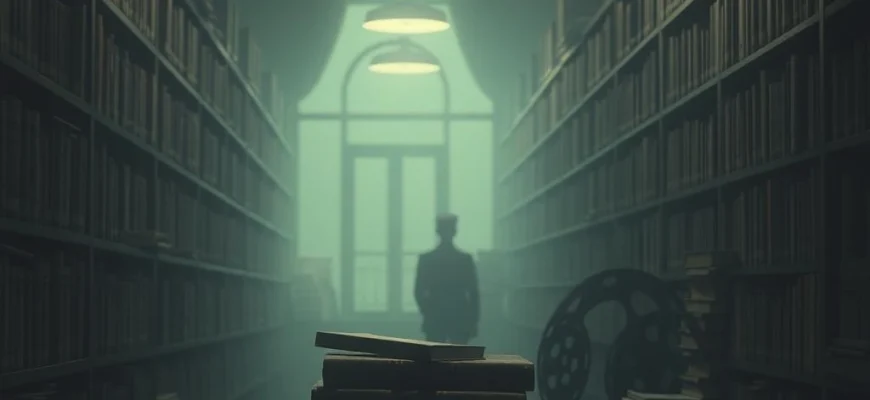If you were moved by the powerful documentary 'Kinderblock 66: Return to Buchenwald (2012)', you might be looking for similar films and shows that explore themes of survival, resilience, and historical remembrance. This article highlights 10 compelling titles that share the emotional depth and historical significance of this remarkable film, offering viewers a chance to further engage with stories of courage and memory.
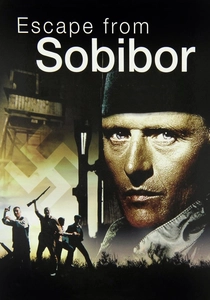
Escape from Sobibor (1987)
Description: A dramatic retelling of the largest prisoner escape from a Nazi extermination camp, highlighting the courage and determination of those who fought for their freedom.
Fact: The film is based on the real-life Sobibor uprising in 194It was a television movie but received critical acclaim for its powerful storytelling and historical accuracy.
 Watch Now
Watch Now 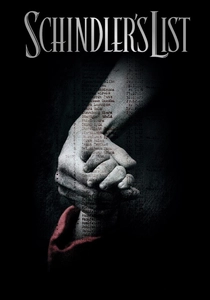
Schindler's List (1993)
Description: A powerful depiction of the Holocaust, highlighting the themes of survival, humanity, and the moral complexities of war through the lens of one man's efforts to save lives.
Fact: The film is shot almost entirely in black and white to emphasize the historical period and the gravity of the events. It won seven Academy Awards, including Best Picture.
 Watch Now
Watch Now 
Life Is Beautiful (1997)
Description: A unique blend of humor and tragedy, portraying a father's efforts to shield his son from the horrors of a concentration camp by turning their ordeal into a game.
Fact: The film won three Academy Awards, including Best Actor for Roberto Benigni, who also directed and co-wrote the movie. It was partially inspired by Benigni's father's experiences in a Nazi labor camp.
 Watch Now
Watch Now 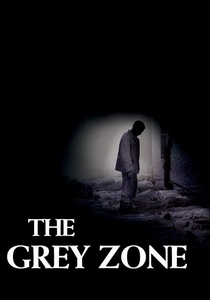
The Grey Zone (2001)
Description: A stark and unflinching look at the moral dilemmas faced by prisoners in a concentration camp, focusing on the Sonderkommando who were forced to assist in the extermination process.
Fact: The film is based on the book 'The Auschwitz Report' by Miklós Nyiszli, a Jewish doctor who worked under Josef Mengele. It is known for its raw and uncompromising portrayal of the Holocaust.
 Watch Now
Watch Now 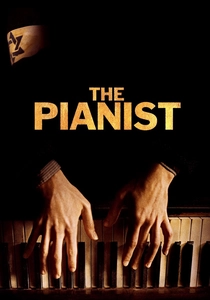
The Pianist (2002)
Description: A harrowing portrayal of survival during the Holocaust, focusing on the personal struggles and resilience of an individual amidst the atrocities of war.
Fact: The film is based on the autobiographical book by Władysław Szpilman, a Polish-Jewish pianist who survived the Holocaust. It won three Academy Awards, including Best Director for Roman Polanski.
 Watch Now
Watch Now 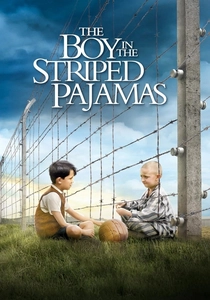
The Boy in the Striped Pyjamas (2008)
Description: A poignant story that explores the innocence of childhood juxtaposed with the horrors of the Holocaust, emphasizing the tragic consequences of hatred and war.
Fact: The film is based on the novel of the same name by John Boyne. It was criticized by some historians for its historical inaccuracies but praised for its emotional impact.
 Watch Now
Watch Now 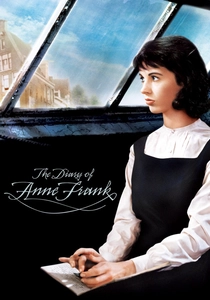
The Diary of Anne Frank (1959)
Description: A moving adaptation of the famous diary, capturing the fear, hope, and resilience of a young girl and her family hiding from the Nazis during World War II.
Fact: The film was the first American movie to address the Holocaust directly. It won three Academy Awards and was nominated for Best Picture.
 Watch Now
Watch Now 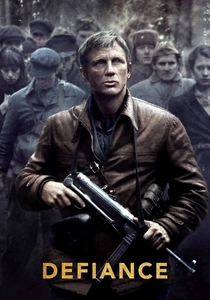
Defiance (2008)
Description: A gripping tale of Jewish resistance during the Holocaust, focusing on a group of partisans who fought back against Nazi oppression in the forests of Eastern Europe.
Fact: The film is based on the true story of the Bielski partisans, one of the most significant Jewish resistance movements during World War II. It was shot in Lithuania, near the actual locations of the events.
 Watch Now
Watch Now 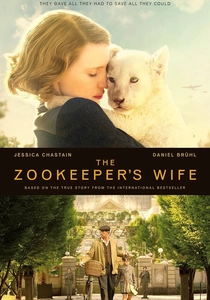
The Zookeeper's Wife (2017)
Description: A touching story of bravery and compassion, depicting how a couple used their zoo to hide and save hundreds of Jews during the Nazi occupation of Warsaw.
Fact: The film is based on the non-fiction book of the same name by Diane Ackerman, which recounts the true story of Antonina and Jan Żabiński. The real-life Żabińskis were recognized as Righteous Among the Nations by Yad Vashem.
 Watch Now
Watch Now 
Son of Saul (2015)
Description: A deeply immersive and intense narrative set in a concentration camp, focusing on the psychological and emotional toll of the Holocaust on an individual.
Fact: The film uses a unique cinematographic style with a shallow depth of field to keep the protagonist in focus while the background remains blurred, intensifying the personal perspective. It won the Grand Prix at the Cannes Film Festival.
 Watch Now
Watch Now 
